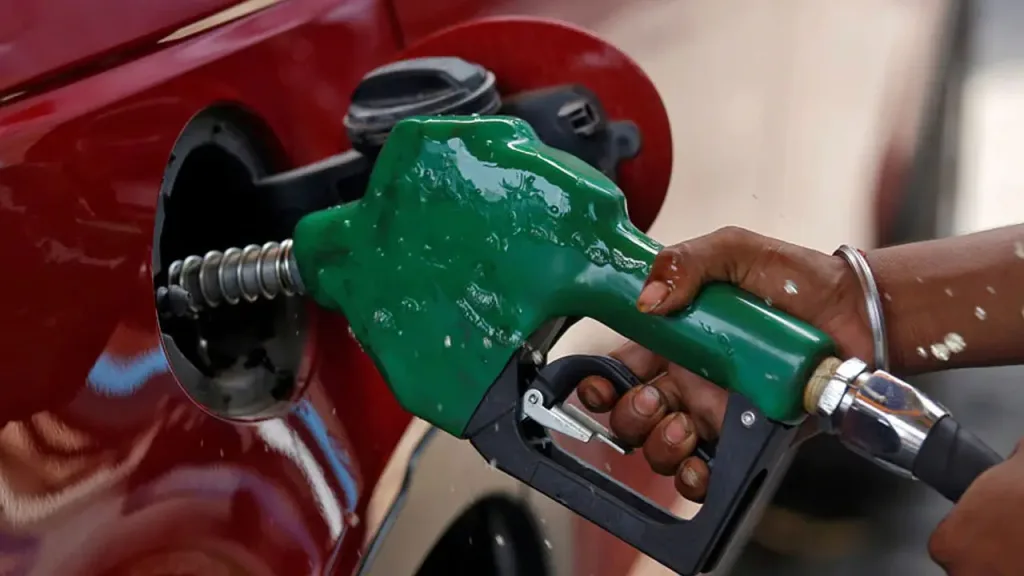Multiple fuel stations in Nigeria’s capital, Abuja, lowered petrol prices this week following a significant reduction in supply costs from the recently operational Dangote Refinery. The price adjustment, confirmed by industry sources, marks a swift reversal of a three-day spike in fuel costs and signals potential relief for consumers grappling with high transportation and living expenses.
Major retailers, including MRS Oil and Empire Energy, reduced pump prices by up to N30 ($0.06 USD) per liter after Africa’s largest refinery slashed its ex-depot rate—the price charged to fuel stations—from N850 ($0.68) to N820 ($0.65) per liter. A manager at MRS, speaking anonymously to Media Talk Africa, confirmed the Abuja outlets would sell petrol at N885 ($0.70) starting Thursday, August 14, down from N915 ($0.73). “We’re adjusting our rates in line with Dangote’s revised pricing, effectively reversing a previous increase implemented just days ago,” he explained.
Empire Energy followed suit, setting its price at N946 ($0.75), while competitors like Ranoil, Emedab, TotalEnergies, and state-owned Nigerian National Petroleum Company Limited (NNPCL) outlets in Abuja’s Gwarimpa and Kubwa areas pegged prices at N945 ($0.75). The moves highlight competitive dynamics among retailers seeking to attract cost-sensitive drivers.
The Dangote Refinery, inaugurated earlier this year in Lagos, has gradually increased its production capacity, positioning itself as a pivotal player in Nigeria’s energy sector. Until recently, Africa’s most populous nation relied heavily on imported fuel due to underperforming state refineries, leaving consumers vulnerable to global oil price fluctuations and foreign exchange instability. Analysts note that the refinery’s growing output could stabilize domestic supply chains and ease inflationary pressures if sustained.
While the immediate price cuts offer short-term relief, broader economic challenges persist. Nigeria’s inflation rate surpassed 34% in June, driven partly by energy costs, and the World Bank projects sluggish GDP growth in 2024. For now, motorists in Abuja welcome the unexpected reprieve. “Any reduction helps,” said taxi driver Musa Ibrahim, echoing sentiments of many grappling with record-high living costs. Observers caution, however, that sustained affordability hinges on refinery output consistency and government policy stability.
